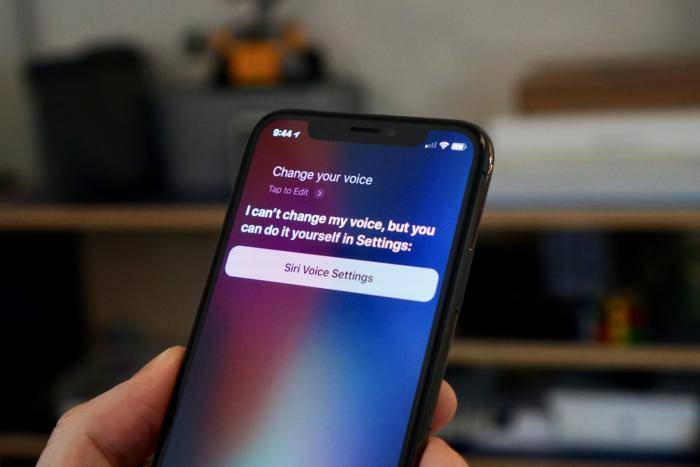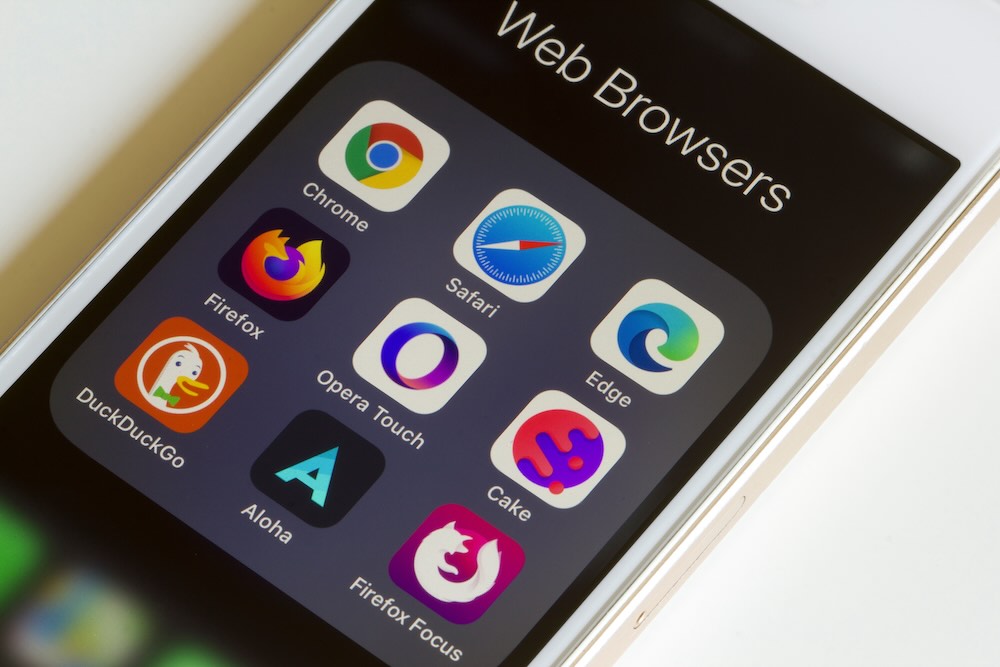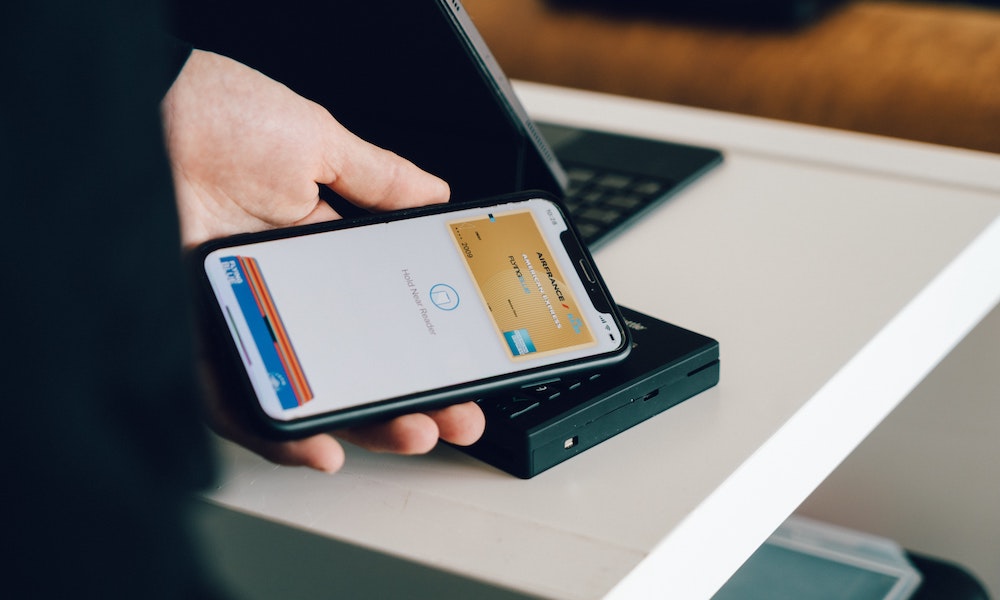You May Soon Be Able to Replace Siri on Your iPhone — But Only in the EU
 Jason Cross / IDG
Jason Cross / IDG
Toggle Dark Mode
As Apple struggles to get its more personalized Siri ready for prime time, the beleaguered voice assistant may be struck with another blow as Apple is forced to let iPhone users replace it entirely.
Over the past few years, the European Commission has been setting its sights on Apple as the dominant smartphone and tablet platform in Europe. While the EU’s mandate that Apple ditch Lighting in favor of USB-C was almost universally regarded as a good thing, the passage of the Digital Markets Act has also forced Apple to crack open its app distribution model, and it may just be the tip of the regulatory iceberg.
In March, the Commission ordered Apple to open nearly all of its iPhone connectivity features, allowing third-party smartwatches, headphones, and TVs to access AirPlay, AirDrop, AirPods-style pairing features, and iPhone notifications. Apple is aggressively appealing this, arguing that it has serious consequences for user privacy by “giving them the ability to access personal information that even Apple doesn’t see.”
However, the Commission also isn’t stopping there. Last month, Bloomberg reported that European Union regulations could also force Apple to let users switch away from using Siri as their default voice assistant. This would allow alternatives like Google’s Gemini Live to take the front seat and open the door to others like ChatGPT and Meta AI.
To meet expected European Union regulations, the company is now working on changing its operating systems so that, for the first time, users can switch from Siri as their default voice assistant to third-party options, according to a person with knowledge of the matter.
Mark Gurman and Drake Benett, Bloomberg
While we covered Bloomberg’s in-dpeth report in broader strokes at the time, which was largely about Apple’s struggles in AI, the folks at 9to5Mac recently highlighted the notion of replacing Siri, suggesting it might come in iOS 26 as “the nuclear option.”
It’s something that Apple will undoubtedly avoid mentioning during its Worldwide Developers Conference (WWDC) keynote next week. It rarely has much to say about the things that EU regulations force it to do.
It also wouldn’t be the first time Apple’s hand has been forced in this manner. The DMA has already mandated allowing alternative wallet apps and third-party browsers. European users also gained the ability to set a default navigation app in iOS 18.4 — a change that was clearly the result of regulatory pressure, as it remains limited to the EU.
Still, some of these changes are rolled out more widely. After Apple was forced to surrender NFC control in the EU, it announced it was opening up contactless payments worldwide in iOS 18.1. This wasn’t likely an altruistic move on Apple’s part but rather a result of the company seeing the writing on the wall and getting ahead of the curve. Regulators in the US and other countries have also been eying Apple Pay as anti-competitive, and banks and other large financial institutions have a great deal of clout when it comes to pushing for regulatory changes.
It’s doubtful that Apple will follow suit with Siri. While many are starting to think the company would be better off throwing in the towel and just letting folks use one of the already more capable AI chatbots, that’s not how Apple rolls. It will allow Siri to be replaced in the EU under protest, but doing so anywhere it doesn’t absolutely have to would be raising a white flag of surrender and admitting that its voice assistant not only isn’t up to snuff, but that it may never get there.
Perhaps if Apple had a bit less hubris and didn’t insist on controlling all the pieces of its platform, it might be able to proudly announce this change during Monday’s WWDC keynote, spinning it as embracing a new era of openness and letting its customers have access to the best technologies available. However, if Apple were that kind of a company, it would have already done the right thing for app developers rather than continuing to push for control and revenue even after it got smacked down by a US court.
Nevertheless, Apple will almost certainly hold onto the dream that Siri will win out in the end, and this awkward early stage of Apple Intelligence will be someday remembered as little more than a bump in the road. Let’s hope so.
[The information provided in this article has NOT been confirmed by Apple and may be speculation. Provided details may not be factual. Take all rumors, tech or otherwise, with a grain of salt.]









